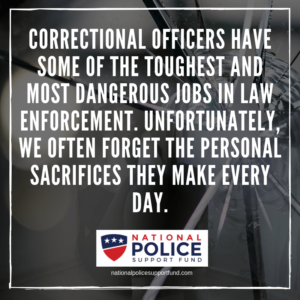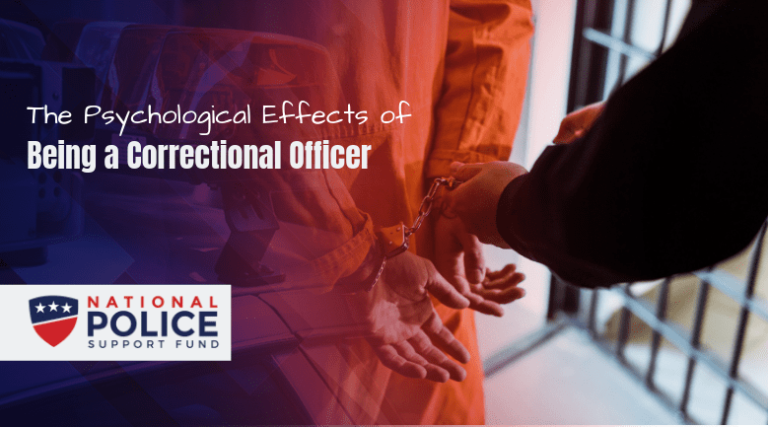When we think about the sacrifices and service of those in law enforcement, it is easy to forget a key group of public servants who play a critical role in our justice system. Correctional officers have some of the most difficult and dangerous jobs in law enforcement. Unfortunately, we often forget the personal sacrifices they make every day. Indeed, being a correctional officer comes with a wide range of challenges which, in turn, lead to negative psychological effects. For correctional officers, PTSD, depression and other mental health problems are an unfortunate and inevitable aspect of the job.
Exposure to violence contributes to PTSD
Correctional officers are exposed to violence almost daily on the job. Gang violence, suicides and the threat of physical assault by inmates all contribute to the high rate of PTSD among correctional officers. In fact, studies have shown that correctional officers suffer PTSD at a rate comparable to those who have served in the recent wars in Iraq and Afghanistan. One study out of Washington state asked correctional employees a variety of questions, such as if they felt they were put in unnecessary danger on the job and if they had been assaulted or received threats from inmates. The study found that one fifth of respondents reported symptoms severe enough to be labeled as PTSD.
High rates of depression among correctional officers

Correctional officers are regularly exposed to violence, threats and trauma as a part of their job. Unfortunately, but not surprisingly, regular exposure to such events lead many correctional officers to become clinically depressed. A University of California- Berkeley study found that 28% of correctional officers reported feeling “down” or even hopeless, while 38% reported that they have “little interest or pleasure in doing things.” Sadly, the same study found that 10% of correctional officers have had thoughts of suicide.
Stress leads to health problems
The Berkley study also examined the levels of stress correctional officers experience on the job. Fifty percent of respondents reported that they rarely feel safe at work. Of those surveyed, 30% reported being injured at work while another 85% say they had witnessed a colleague seriously injured on the job. These high levels of stress experienced every day by correctional officers have long-term health effects including high blood pressure and heart disease.
There are few professions as dangerous and stressful as corrections. While citizens are protected from dangerous criminals when they are put behind bars, correctional officers are in constant danger from those the justice system has deemed too dangerous to be free members of society. Corrections is a stressful and dangerous line of work and we should always be grateful for those who work every day to keep criminals where they belong: Behind bars.









